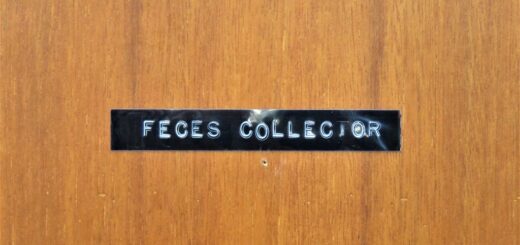Ideas, Language, and Communication
The classic cartoon image for discovery is a light bulb appearing above a character’s head. This is perfectly apt, and the use of light, especially a source of light, as a metaphor for the actualization of the mind, including the divine mind, is standard throughout the history of figurative expression.
It must be remembered, however, that an idea as such brings light only to the mind of the person thinking or discovering it. The thinker’s mind is lit by the activity of thought; the rest of the world, in theory, remains in darkness vis-à-vis this idea, unless and until the thinker finds a way to convey his idea to other minds. Hence we may say, to extend or refine the standard metaphor, that as the idea is light to the individual mind, so language, in turn, is the means of casting or deflecting that light into other minds.
An important clarification is necessary here, however, one related to the foundational question of teaching and learning. We convey an idea through language, though language itself is not the idea, but merely a conductor. Hence, to bring light to other minds entails more than merely expressing one’s thought in language; for to think an idea — and by an idea, I mean in general a definitional insight into the nature of something — involves an activity substantially different from simply hearing and understanding the words which express it. We may compare this to a child’s attempt to cup some light from one room in his hands and carry it into another room; upon opening his hands in the second room, he will discover that he has transported only two dark palms, and no light at all. For, as the child now realizes, the light filling the first room depended upon the continued presence of its source, and hence cannot exist apart from that source. Likewise, the idea that fills the mind due to the activity of thought cannot be transported to another mind as though language were a child’s cupped hands; the active pre-linguistic thinking is the lamp or sun which actualized the idea. From this it follows that language does not so much convey an idea at all, in the sense of carrying it along to the hearer’s (or reader’s) mind. Rather, what language provides, if used effectively, is some sort of shiver or sharp point which, one hopes, may stir and poke at another mind’s embers. Through this subtle motion, that mind might suddenly send up sparks to start a flame of its own. Language, as received by the hearer, is not itself light, but at best an agitation to ignite.
Strictly speaking, then, two conditions are necessary for the “communication” of an idea. The first is a mind open to being stirred to ignition, which is to say one that has neither doused its embers with a flood of easy gratifications, nor suffocated them with the airtight lid of certainty (and that includes the certainty of relativism, i.e., willful ignorance masquerading as a point of view). The second is language suitably configured to sift among ashes and glowing coals at exactly the angle and rhythm required to stir up the right kind of sparks.
An added problem is that the type of linguistic agitation that will be most effective in a given case is determined in part by the peculiar condition and arrangement of the proximate matter (i.e., the potential) of the mind being prodded. Therein lies the special challenge of written communication, since the writer, unlike the speaker, cannot recalibrate his words or phrasing to match the receptivity of each interlocutor. This leaves him no choice — assuming that communicating with readers is relevant to him — but to develop a mode of writing that will somehow remain intrinsically flexible enough to reach each open-minded reader in a manner suited to the texture and temperature of that reader’s intellectual matter, while at the same time retaining its own integrity as an interpretation of the writer’s pre-linguistic thought. In other words, one must walk a fine line between “delivering” one’s own idea — never possible anyway — and providing a suitable catalyst for a variety of different minds to find in one’s words something energizing in accordance with their own capacities or predilections.



